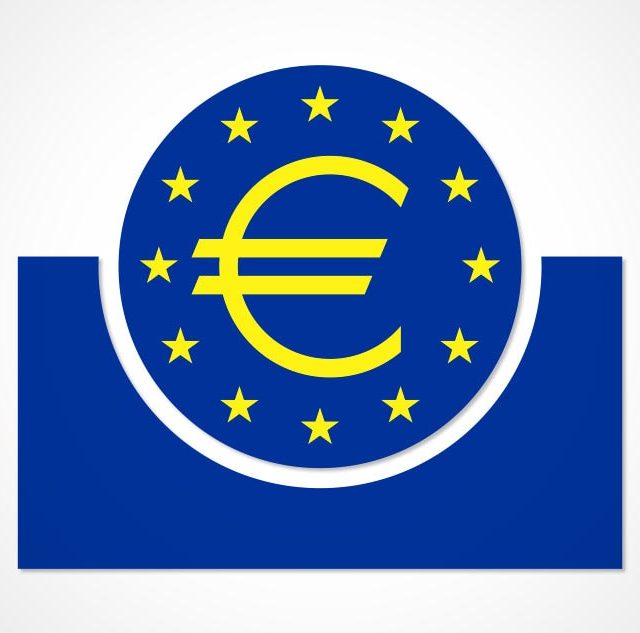Hungarian Foreign Minister Péter Szijjártó criticised what he called “the blackmail of the NGOs”, which Europe needed to put an end to.
Speaking after meeting his Maltese counterpart, Szijjártó said it was time to “speak clearly about the role of the Soros-backed NGOs within the Mediterranean region”, in reference to international financier and philanthropist George Soros.
“These organisations are continuously blackmailing the European people and forging alliances with people smuggling networks in opposition to the people of Europe, who just want to live their lives in peace and security,” the foreign minister said.
In an interview on public television M1, Prime Minister Viktor Orban said western Europe had “committed itself to an open society in which borders don’t matter”, including living together “with people from foreign cultures”. “We don’t want this in central Europe; we, Hungarians want to remain a Christian Hungarian civilisation,” Orban said.
The Orban government has led a smear campaign against Soros, often with anti Semitic undertones. In 2017, the Hungarian government held a consultation asking eight million Hungarians for their opinions on what the government said was George Soros’ “plan” for Europe and Hungary. The current national consultation survey also includes questions about what the government calls Soros’ new and old “plan”.
A new report by the European Anti-Fraud Office (OLAF), tasked with investigating and stopping fraud with EU funds, revealed that Hungary was the country with the highest number (43) of investigations closed with recommendations to combat fraud and irregularities in the areas of the European Structural and Investment Funds and agriculture. With 3.93% of recommendations as a percentage of payments between 2015 and 2019, Hungary ranks far above the EU average of 0.36%. After Romania and Italy, Hungary had the highest number of OLAF recommendations that were not followed by any decision by the national judicial authorities to take action.
Previous reports documented how the EU’s agricultural subsidy scheme has been abused by connected oligarchs in Hungary and other parts of Central and Eastern Europe. A New York Times investigation in 2019 found that Hungarian Prime Minister Orban “uses European subsidies as a patronage system that enriches his friends and family, protects his political interests and punishes his rivals”. A probe by two Hungarian investigative media outlets, Direkt36 and 444, found that Hungary’s state-owned Eximbank, whose original aim is to facilitate export activities, provided loans to real estate projects linked to friends of Orban.




